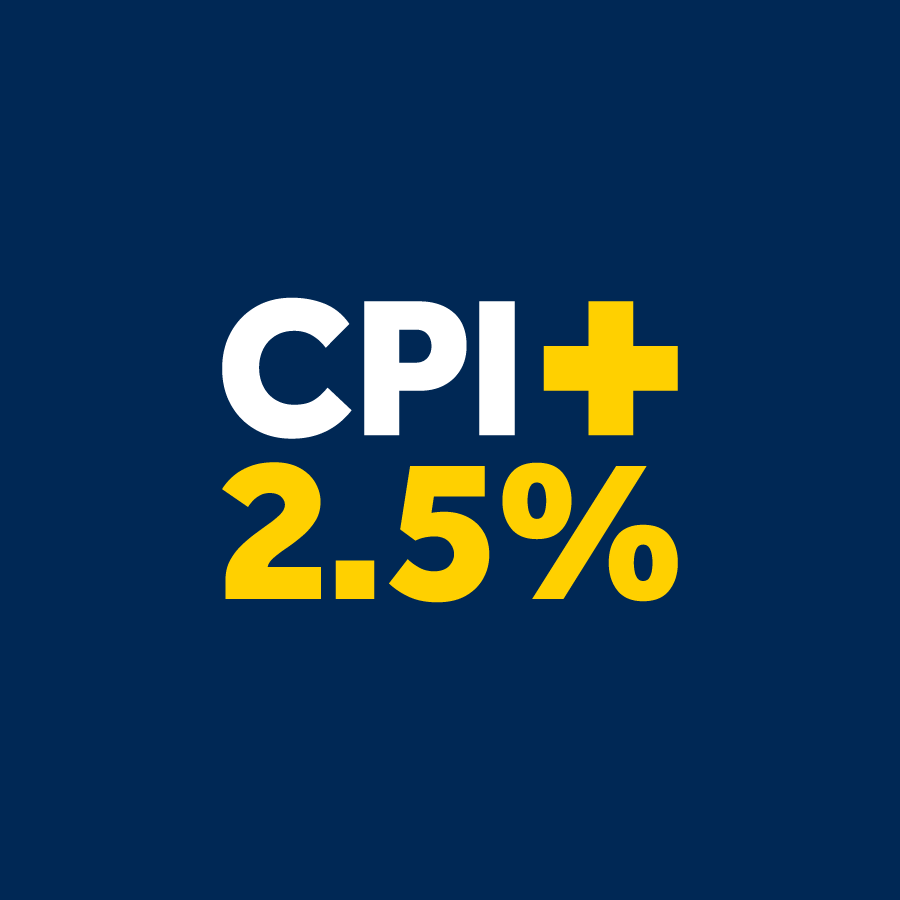
We’ve summarised some of the changes to super that could impact members and employers from 1 July 2022.
For superannuation members
Superannuation Guarantee increases
The Superannuation Guarantee (SG) is the minimum amount an employer must pay into your super, on top of your salary or wages.
From 1 July 2022, employers are required to pay 10.5% of an employee’s salary into super, an increase from 10%. The SG is then legislated to increase by 0.5% each year until it reaches 12% on 1 July 2025.
These increases are an important measure to ensure members can save enough for a dignified retirement.
Minimum income threshold to be removed
The $450 minimum monthly income threshold for the Superannuation Guarantee (SG) will be removed. This means that from 1 July 2022, employers must generally pay SG contributions to:
- all employees aged 18 and over, regardless of how many hours they work
- employees aged under 18 if they work more than 30 hours per week.
The removal of the threshold will benefit an estimated 300,000 lower-paid workers, two thirds of whom are women1, who will now receive mandatory super contributions.
This is a welcome step to ensure more people in entry-level, part-time and casual jobs get a much-needed boost to their super savings.
First home super saver (FHSS) scheme expanded
The maximum you can save under the FHSS scheme will increase from $30,000 to $50,000 for individuals from 1 July 2022.
This scheme currently allows people to make voluntary super contributions and then withdraw them, including earnings that relate to those contributions, when they’re ready to buy their home (subject to yearly limits and eligibility requirements). Eligible contributions made from 1 July 2017 can count towards the total amount released.
If you’re approaching or in retirement
Work test to be abolished
From 1 July 2022, those approaching retirement will be able to make voluntary super contributions (salary sacrifice or after-tax contributions) without having to meet the work test.
Under the previous work test, people aged 67-74 must have worked at least 40 hours over 30 consecutive days during a financial year before either concessional or non-concessional contributions can be made.
Downsizer contributions open to over 60s
From 1 July 2022, people aged over 60 will be able to contribute up to $300,000 (or $600,000 for couples) from the sale of their home into their super. This downsizer contribution does not count towards the concessional and non-concessional contributions caps.
The scheme was previously only available to those over age 65.
1. Source: industrysuper.com/media/parliament-delivers-much-needed-super-boost-to-women-on-lower-incomes
The information in this article is correct at time of publication.




